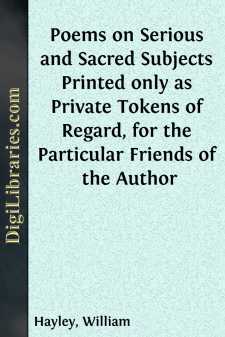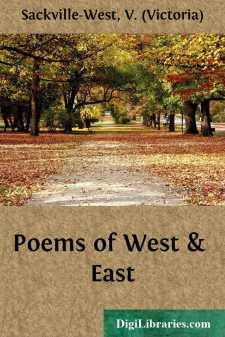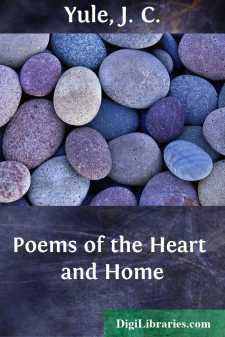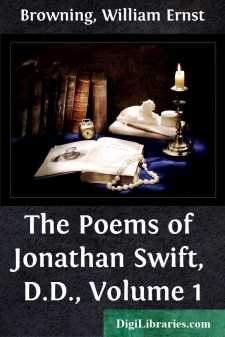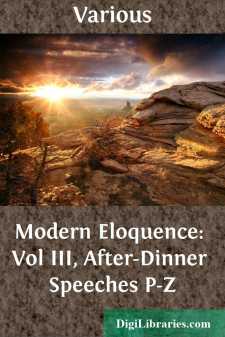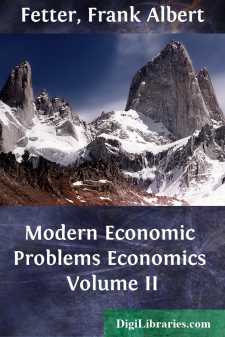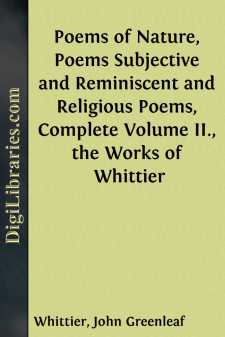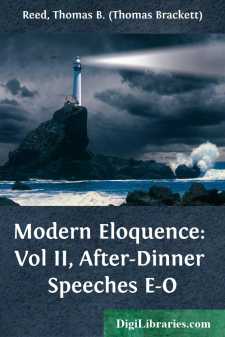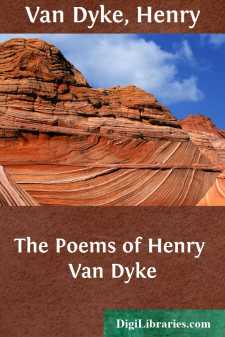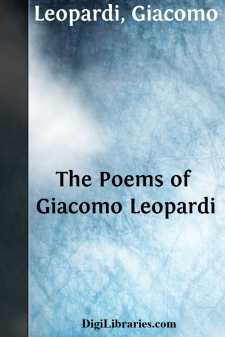Categories
- Antiques & Collectibles 13
- Architecture 36
- Art 48
- Bibles 22
- Biography & Autobiography 813
- Body, Mind & Spirit 142
- Business & Economics 28
- Children's Books 13
- Children's Fiction 10
- Computers 4
- Cooking 94
- Crafts & Hobbies 4
- Drama 346
- Education 46
- Family & Relationships 57
- Fiction 11828
- Games 19
- Gardening 17
- Health & Fitness 34
- History 1377
- House & Home 1
- Humor 147
- Juvenile Fiction 1873
- Juvenile Nonfiction 202
- Language Arts & Disciplines 88
- Law 16
- Literary Collections 686
- Literary Criticism 179
- Mathematics 13
- Medical 41
- Music 40
- Nature 179
- Non-Classifiable 1768
- Performing Arts 7
- Periodicals 1453
- Philosophy 64
- Photography 2
- Poetry 896
- Political Science 203
- Psychology 42
- Reference 154
- Religion 513
- Science 126
- Self-Help 84
- Social Science 81
- Sports & Recreation 34
- Study Aids 3
- Technology & Engineering 59
- Transportation 23
- Travel 463
- True Crime 29
Sort by:
by:
William Hayley
THE FEAR OF DEATH. Thou! whose superior, and aspiring mindCan leave the weakness of thy sex behind;Above its follies, and its fears can rise,Quit the low earth, and gain the distant skies:Whom strength of soul and innocence have taughtTo think of death, nor shudder at the thought;Say! whence the dread, that can alike engageVain thoughtless youth, and deep-reflecting age;Can shake the feeble, and appal...
more...
FOR *** NO eyes shall see the poems that I write For you; not even yours; but after long Forgetful years have passed on our delight Some hand may chance upon a dusty song Of those fond days when every spoken word Was sweet, and all the fleeting things unspoken Yet sweeter, and the music half unheard Murmured through forests as a charm unbroken. It is the plain and ordinary...
more...
by:
J. C. Yule
YES, THE WEARY EARTH SHALL BRIGHTEN. Yes, the weary earth shall brighten— Brighten in the perfect day,And the fields that now but whiten, Golden glow beneath the ray!Slowly swelling in her bosom, Long the precious seed has lain,—Soon shall come the perfect blossom, Soon, the rich, abundant grain! Long has been the night of weeping, But the morning dawns at length,And, the misty...
more...
INTRODUCTION Dr. Johnson, in his "Life of Swift," after citing with approval Delany's character of him, as he describes him to Lord Orrery, proceeds to say: "In the poetical works there is not much upon which the critic can exercise his powers. They are often humorous, almost always light, and have the qualities which recommend such compositions, easiness and gaiety. They are, for the...
more...
by:
Various
THOMAS NELSON PAGE THE TORCH OF CIVILIZATION [Speech of Thomas Nelson Page at the twentieth annual dinner of the New England Society in the City of Brooklyn, December 21, 1899. The President, Frederic A. Ward, said: "In these days of blessed amity, when there is no longer a united South or a disunited North, when the boundary of the North is the St. Lawrence and the boundary of the South the Rio...
more...
CHAPTER I MATERIAL RESOURCES OF THE NATION § 1. Politico-economic problems. § 2. American economic problems in the past. § 3. Present-day problems: main subjects. § 4. Attempts to summarize the nation's wealth. § 5. Average wealth and the problem of distribution. § 6. Changes in the price-standard. § 7. A sum of capital, not of wealth. § 8. Sources of food supply. § 9. The sources of...
more...
THE FROST SPIRIT He comes,—he comes,—the Frost Spirit comesYou may trace his footsteps nowOn the naked woods and the blasted fields and thebrown hill's withered brow.He has smitten the leaves of the gray old treeswhere their pleasant green came forth,And the winds, which follow wherever he goes,have shaken them down to earth. He comes,—he comes,—the Frost Spirit comes!from the frozen...
more...
GEORGE CARY EGGLESTON SOUTHERN LITERATURE [Speech of George Cary Eggleston at the first annual banquet of the New York Southern Society, February 22, 1887. Algernon Sidney Sullivan, President of the Society, was in the chair. In introducing the speaker Mr. Sullivan said: "We want to hear a word about 'Southern Literature,' and we will now call upon Mr. George Cary Eggleston to respond to...
more...
by:
Henry Van Dyke
THE AFTER-ECHO How long the echoes love to play Around the shore of silence, as a wave Retreating circles down the sand! One after one, with sweet delay,The mellow sounds that cliff and island gave, Have lingered in the crescent bay, Until, by lightest breezes fanned,They float far off beyond the dying day And leave it still as death. But...
more...
by:
Giacomo Leopardi
PREFACE. Giacomo Leopardi is a great name in Italy among philosophers and poets, but is quite unknown in this country, and Mr. Townsend has the honor of introducing him, in the most captivating way, to his countrymen. In Germany and France he has excited attention. Translations have been made of his works; essays have been written on his ideas. But in England his name is all but unheard of. Six or...
more...


